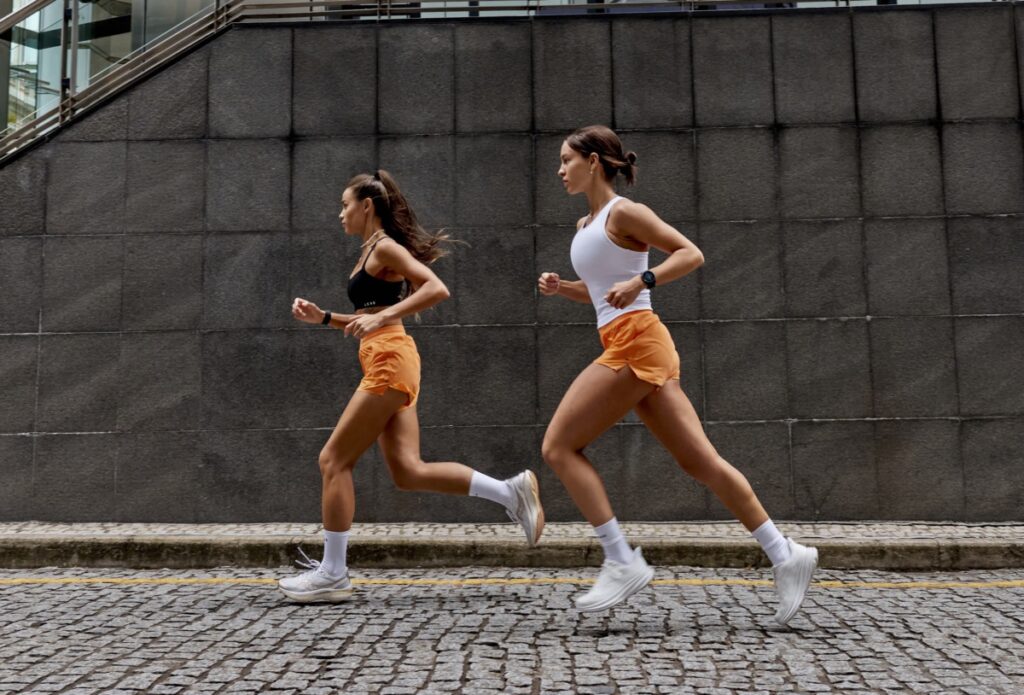What’s happening: The apparel brand opened its first US retail store in San Diego’s Pacific Beach earlier this month.
With less than a week on American soil, it announced an exclusive partnership with Life Time — LSKD will outfit the gym chain’s 4.5K female trainers with co-branded leggings and tops.
How we got here: The formerly DTC brand (pronounced “loose kid”) was born in Australia’s motocross scene in 2007. Its range blends functionality with streetwear aesthetic, designed with sport, fitness, and adventure in mind.
After winning fans in the Aussie fitness and sports community, in the past two years, its global sales have surged, leading to an aggressive retail expansion.
- LSKD entered retail in February 2022 with a store in its native Queensland.
- It notched A$50M ($33.7M) in sales revenue in FY22, growing 50% YoY.
- By year’s end, it’ll have nine outlets open across Australia, New Zealand, and the US.
Fashion Statement
Younger generations, particularly health and fitness seekers, use what they wear as a meaningful expression of their lifestyle and personality.
Brands like lululemon and Nike have remained popular as torchbearers and trendsetters of culture, but upstart apparel brands are leaning into their internet ethos to gain territory IRL:
- Swiss running brand On topped $1.3B for 2022, its apparel business is growing 30.2% YoY, and it recently launched experiential retail and running festivals.
- NOBULL extended its no-frills functionality to all-around performance, landing funding from the NFL and opening an experiential store in London.
- After raising $400M at a $4B valuation in 2021, SoCal-style activewear brand Vuori launched into Europe, Canada, and Australia last year.
Scaling up, Aviator Nation, a lifestyle brand channeling 1970s California, co-branded clothing with SoulCycle, opened its own cycling studio/concert venue last year, and debuted an NYC pop-up this spring.
Stretched too thin. But, not every activewear brand is hitting its stride. Adidas, Gap-owned Athleta, and Wolverine Worldwide-owned Sweaty Betty recently replaced their CEOs after stagnant growth. Meanwhile, Sweaty Betty and fellow British company Gymshark both enacted global layoffs this year.
Punchline: LSKD is having its moment, and its partnership with Life Time’s 160+ properties grants it immediate exposure in the States. But, to compete with well-established international retailers, it’ll need to prove its vibe is more than just a passing fashion.






